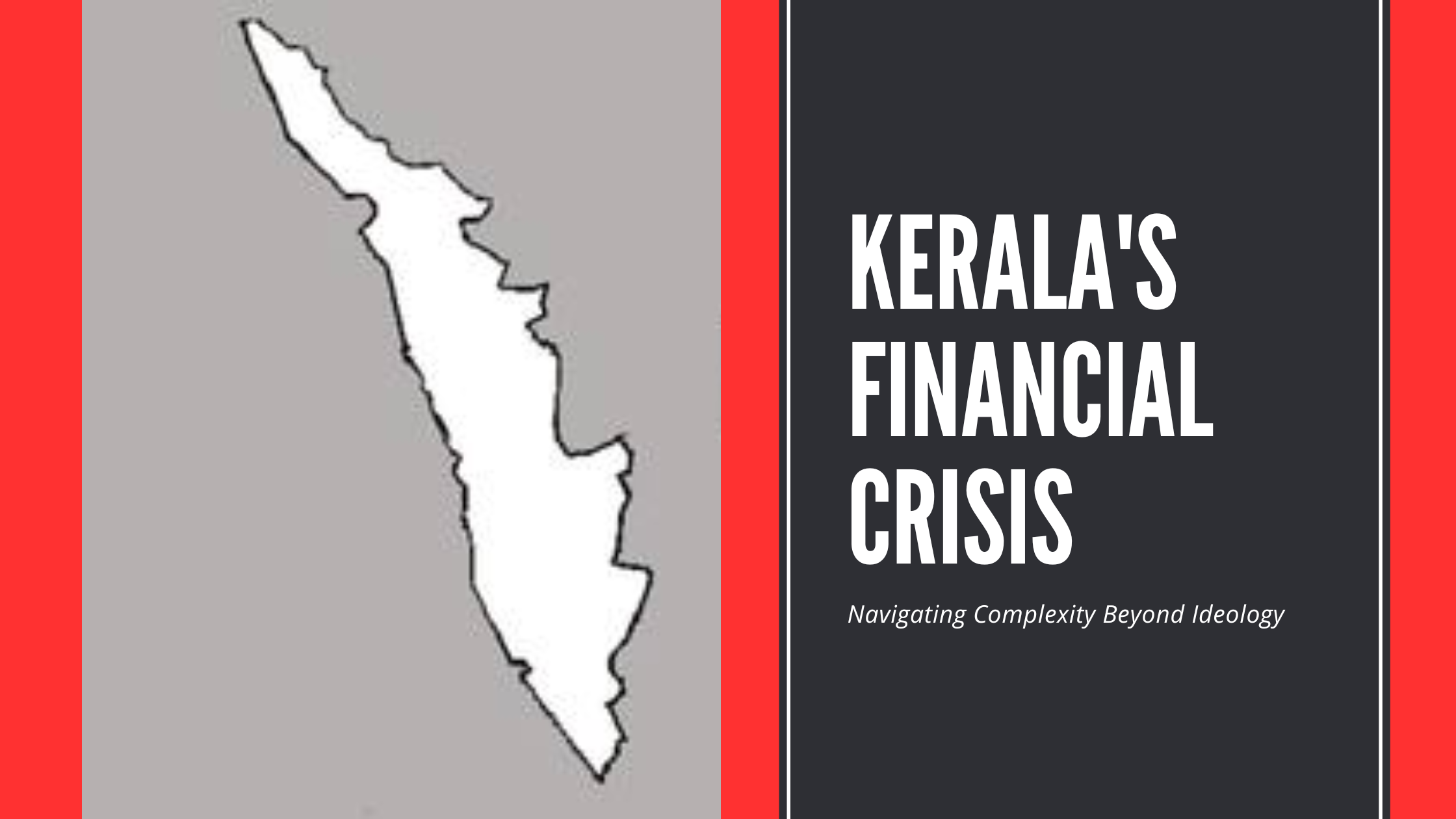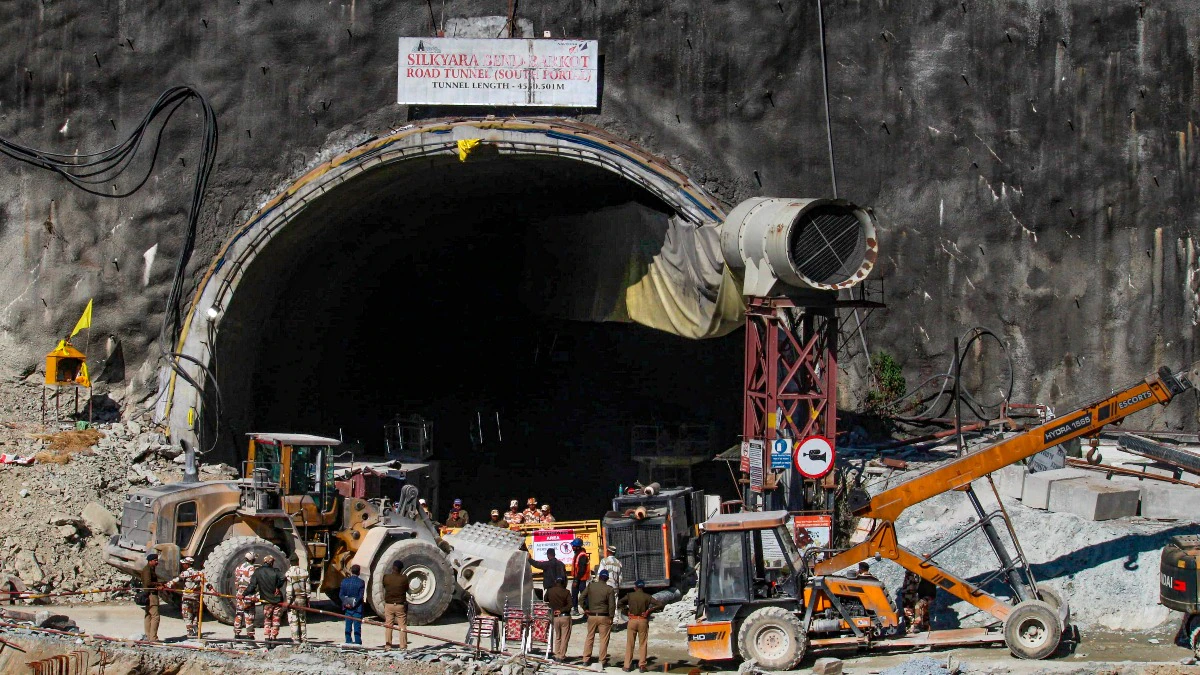The financial challenges facing Kerala, often dubbed “God’s Own Country,” are a subject of concern, sparking debates on the role of communism in the state’s economic downturn. While Kerala’s political and economic history, including its communist legacy, undeniably contribute, a nuanced understanding is imperative. The crisis is a result of a complex interplay of historical, economic, and global forces, rather than a single ideology.
Kerala’s Communist Legacy:
Social Welfare Focus:
Communist governments in Kerala have commendably prioritized social spending on healthcare, education, and poverty reduction, achieving impressive human development indicators. However, this commitment has also translated into a high fiscal burden.
[Image: Kerala social spending graph]
Limited Economic Diversification:
The emphasis on social welfare may have come at the cost of diversifying Kerala’s economy beyond traditional sectors like agriculture and remittances. This dependency exposes the state to vulnerabilities in the face of external economic shocks.
Labor Union Influence:
The influence of strong labor unions, often aligned with communist parties, has secured rights and benefits for workers. While beneficial for the workforce, it can increase operational costs for businesses, potentially dissuading investment in certain sectors.
Beyond Communism:
Global Economic Slowdown:
Kerala’s key sectors, such as tourism and remittances, have been adversely affected by the global economic slowdown, contributing to a decline in revenue.
Infrastructure Bottlenecks:
Critical areas like transportation and logistics suffer from limited infrastructure development, impeding economic growth and job creation and adding strain to the state’s finances.
Political Uncertainty:
Frequent changes in government and policy priorities introduce instability, hindering long-term economic planning and discouraging investment.
A Complex Picture:
Kerala’s financial crisis is not a product of one ideology but a confluence of factors. Solely attributing it to communism oversimplifies the intricate dynamics of historical, economic, and global influences.
Moving Forward:
To overcome this crisis, Kerala must adopt a multifaceted approach:
Fiscal Consolidation:
Implementing austerity measures, enhancing tax collection, and diversifying revenue sources are crucial to reducing the fiscal deficit and debt burden.
Economic Diversification:
Investing in infrastructure, fostering entrepreneurship, and attracting investment in non-traditional sectors can create new engines of economic growth and reduce dependence on limited sources.
Sustainable Development:
Balancing social welfare programs with fiscal responsibility and economic growth is crucial for long-term sustainability.
Kerala’s journey towards fiscal stability and economic prosperity necessitates a nuanced understanding of contributing factors and a commitment to implementing solutions that address the complexities of the situation.
Discover more from The Doon Mozaic | द दून मोज़ेक
Subscribe to get the latest posts sent to your email.




2 thoughts on “Kerala’s Financial Crisis: Navigating Complexity Beyond Ideology”